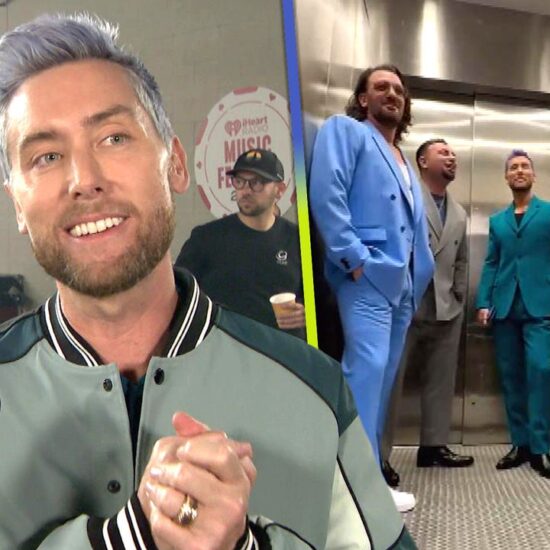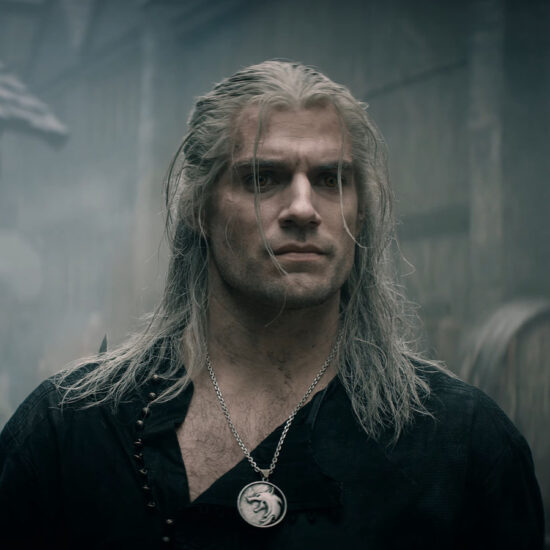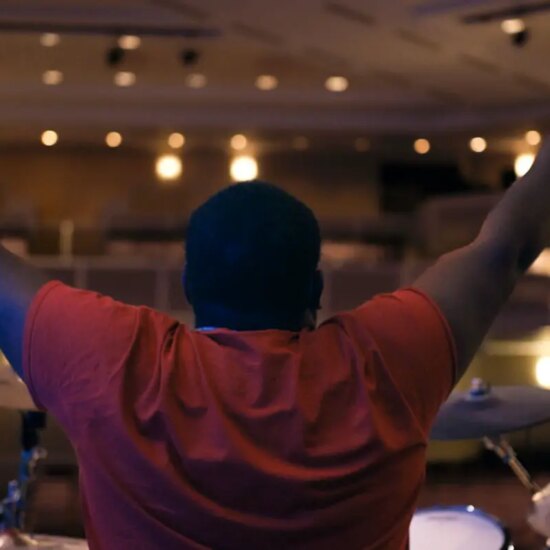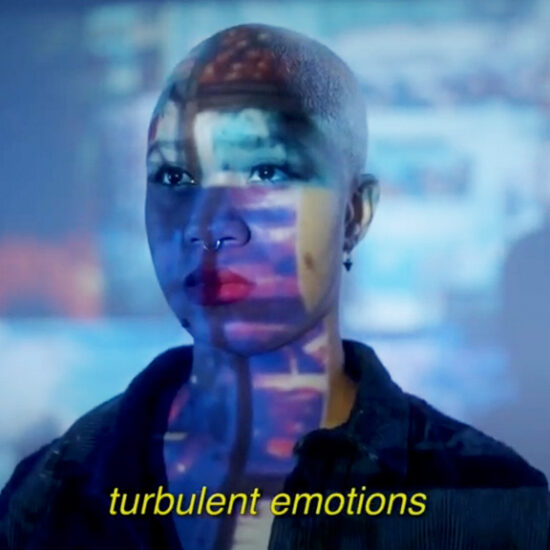
IDA: Tell us about yourself. What is your profession (or passion)?
Nazanin Nematollahi: Born and raised in Iran after the Islamic revolution of 1979, which was already engaged in a war, I always felt unheard. I was raised in a family that lost two young boys in the Iran-Iraq war. All my childhood was filled with the trauma of war, uncertainty, and void. Considering the brutal and misogynistic nature of the new regime, I never felt safe as a child and young girl in that society. I survived sexual abuse and constant harassment in my years of education and later in the workforce. Experiencing all that maltreatment made me resilient and thirsty for change. I became an educator to help my young sisters survive and thrive. But I never felt this was enough. As a first generation attending higher education, I always felt a lack of enough exposure to cultural values. In a closed country such as Iran, I had to smuggle forbidden books and movies to learn what was happening outside the borders of Iran. I became a flight attendant to find the opportunity to travel internationally and learn about other cultures.
Finally, in 2015 my life partner and I left Iran for San Francisco as Graduate students first and then as political Asylum seekers. The Iranian government makes the lives of Documentary filmmakers and activists really hard and unsafe. I think all of these life experiences really inform my work and the way I perceive the world.
IDA: Why did you choose a career in documentary filmmaking?
NN: I’m kind of a late bloomer. I had never owned a camera or worked with one until my mid-20s. I am always amazed when hearing my American friends say their grandparents even had a camera. Cultural differences made me feel I was so behind (laughing)! By saving one year of my income, I bought a camcorder and started exploring filmmaking. I made a few short docs and fiction for a couple of years in Iran. With the propagandist nature of Iran’s media, I never felt safe making films about educational and human rights issues. The authorities constantly were creating many problems for my team and me. Despite the hardship, I knew I had found my passion and wanted to be a visual storyteller.
IDA: Tell us a little about what you are working on right now?
NN: I have been working on two feature-length documentaries for the last five years. Tehran MocA, and My Body your Soul. The first one is Tehran MoCA and the other is My Body Your Soul which is fiscally sponsored by IDA.
IDA: Tell us more about each project?
NN: Tehran MoCA is an investigative documentary examining the condition of an extensive collection of western art worth more than 3 billion dollars hidden in the Tehran Museum of Contemporary Art since 1979. This collection of Abstract Expressionism and American pop art includes artworks from Kandinsky, Pollock, Rothko, Hockney, and Warhol, among others. Since the collection is not aligned with the regime’s Islamic revolutionary ideologies, the collection was locked away in the museum vault for decades. This collection has been in constant danger of damage and perishing through revolution, war, and harsh preservation conditions. You can watch a little excerpt about the film here (4 minutes)
My Body Your Soul illuminates the challenges of two feminist immigrant Iranian visual artists based in the Bay Area. Utilizing their female gaze, they create art forms that embrace bodily autonomy while confronting religious and media censorship.
https://vimeo.com/705194669 (20 minutes scene selects) PW: Bsisters
Right now I’m in the process of securing funding and grants for both of these projects. I am also looking for mentors to help me bring these works to life and guide me through the process! I am devoted to finishing my projects by the end of 2023 and having them in the festival circuit in 2024. For more information, feel free to check out my website
I’m also always looking for communities so if you are interested in any of these works please contact me! naznematollahi85@gmail.com
IDA: What do you think needs to change in the industry for it to be a more equitable one?
NN: As many other Mid Career filmmakers can attest to this, I think a lot needs to change. Access is one of the main issues for filmmakers like me who were not born here. Organizations need to be equitable both in words and action. Marginalized people need to be given a voice. I think a lot more care needs to be had around the process of grants and funding. One of my main issues is when people don’t give feedback, I understand it but rejections are a learning opportunity for many marginalized people.
IDA: What would you like to leave our readers with?
NN: I would like to encourage everyone to please go and learn about what is happening in Iran right now! This is the time that the documentary industry in the US has to stand in solidarity and support the women-led revolution happening in Iran. I hope to see such support in this crucial time. Iranian women need an international voice. Any support means a lot in stopping the government from killing young women and men in the streets of Iran. For a future without tension and maltreatment.
Women. Life. Freedom.














